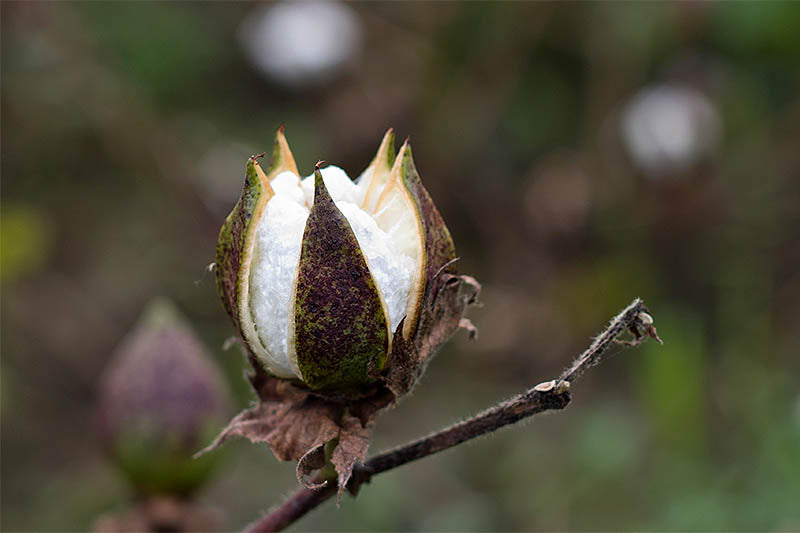
Is Cotton Sustainable?
The truth about cotton – how sustainable is it really?
It’s high time we all cottoned on (pun intended!) to where our products come from, how they’re manufactured, and what the product’s end-of-life looks like. So, let’s look at one of the most popular raw materials for our tote bags – cotton – which is the base ingredient for Ecobags’ canvas, calico and of course Fairtrade organic cotton bags.
Is cotton biodegradable?
Yes, cotton itself is biodegradable. But, before you go throwing your old shirts in your compost heap, be sure to check the textile composition on the label. These days fabrics are often blended and man-made fibres, such as polyester, have rapidly increased thanks to their durability.
Will cotton break down in soil?
Cotton biodegrades relatively quickly (compared to synthetics) because it is made of cellulose, an organic compound that is the basis of plant cell walls and vegetable fibres. The rate of decomposition obviously depends on environmental factors and the structure of the garment, but it’s generally said that a tee shirt will break down in five to six months.
Will cotton break down in water?
All of your clothesbegin to break down in the wash. If you through your cotton bag in the machine every now and again, it will too. All fabrics shed microfibers when laundered. But where cotton will naturally degrade further after entering our waterways, synthetic fibres contribute to plastic pollution by shedding microplastics (see Microfiber Pollution and the Apparel Industry or Accumulation of Microplastic on Shorelines Worldwide).
Cotton Incorporated and the Cotton Research and Development Corporation in Australia teamed up with North Carolina State University to better understand how cotton biodegrades in water. The study considers the path of cotton and synthetic microfibers as they shed in the wash, enter waterways, and breakdown in water.
The results concluded that after 243 days, cotton had 76% degradation while the polyester fibres showed 4% degradation – that means cotton degrades 95% more than polyester in wastewater. The research further indicates that cotton will continue to degrade overtime unlike polyester whose degradation plateaued after the time tested.
What’s the best way to dispose of my 100% cotton bag?
Did you know that the average person disposes of more than 30kgs of textiles every year? And, worse, New Zealanders send more than 75% of used apparel to landfill.
To help bring that statistic down, we first need to consider why we’re disposing of the bag or garment in the first place. Has it truly reached the end of its functional life or could it be donated? In New Zealand we have a thriving second-hand shop scene and donation bins located around the country. Use them! Or, if it’s not in the best nick, could it go another round with a few simple repairs? Or, can it be repurposed (household rags)?
If it truly has reached the end of its functional life, and reuse, re-love, repurpose and recycle are no longer options, simply cut it up and let it return to nature. By cutting it into smaller pieces you’ll decrease the time it takes to break down, whether it does so in landfill or compost environment. Again, just make sure it’s a natural fibre because synthetic fabrics have nowhere other than landfill to go at the end of their life.
As a natural product, cotton is completely biodegradable, which means that it breaks down when put into a composting pile or bin. Approximately 60 percent of all harvested cotton fibre is used to produce yarns and threads, which in turn are used in the manufacture of fabrics for clothing, apparel and furnishings.
Want to read more:
https://www.oneplanet.org.nz/recycle/household-recycling/textiles
https://www.cottonworks.com/topics/sustainability/cotton-sustainability/biodegradability-of-cotton/
https://www.the-sustainable-fashion-collective.com/2014/10/09/cotton-biodegradable-goo
Shop ecobags
Calico cotton: https://ecobags.co.nz/product-category/calico-cotton/
Canvas: https://ecobags.co.nz/product-category/canvas/
Organic cotton: https://ecobags.co.nz/product-category/organic-cotton/

